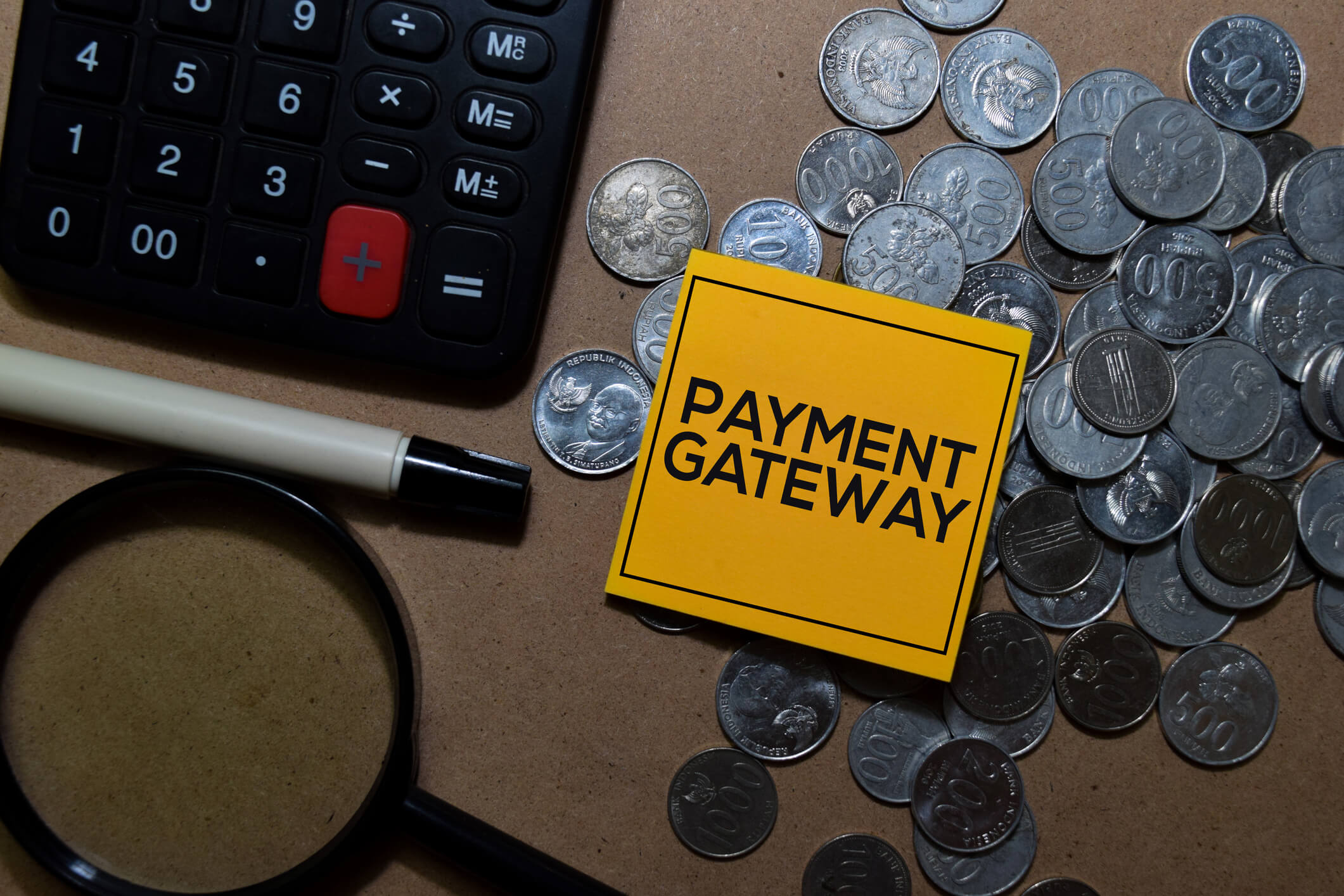
By alphacardprocess May 15, 2024
The construction industry has increasingly adopted digital solutions to enhance efficiency, transparency, and security in financial transactions. Setting up a secure online payment system for construction contracts involves several crucial steps. This guide will provide a comprehensive, step-by-step approach to establishing a secure payment system, ensuring smooth, reliable, and safe transactions.
Setting Up a Secure Online Payment System for Construction Contracts
Setting up a secure online payment system for construction contracts is crucial to ensure seamless transactions and protect sensitive information. Here’s a step-by-step guide to help you establish a secure online payment system:
Step 1: Researching and Selecting a Reliable Payment Gateway Provider

The first step in setting up a secure online payment system for construction contracts is to research and select a reliable payment gateway provider. A payment gateway acts as a bridge between the construction company’s website and the financial institutions that process the payments. It securely encrypts the payment information and ensures that the funds are transferred safely.
When selecting a payment gateway provider, it is essential to consider factors such as security features, transaction fees, integration options, and customer support. Look for providers that offer robust security measures, such as tokenization and fraud detection systems, to protect sensitive customer data. Additionally, compare transaction fees and choose a provider that offers competitive rates without compromising on security.
Step 2: Setting Up a Merchant Account for Construction Contract Payments

Once you have selected a payment gateway provider, the next step is to set up a merchant account. A merchant account is a type of bank account that allows businesses to accept payments via credit or debit cards. It is essential to choose a reputable financial institution that offers merchant account services specifically tailored for construction companies.
During the account setup process, you will need to provide necessary information about your business, such as company details, tax identification number, and banking information. The financial institution will review your application and may require additional documentation to verify your business’s legitimacy. Once your merchant account is approved, you will receive the necessary credentials to integrate it with your payment gateway.
Step 3: Integrating the Payment Gateway with Your Construction Contract Management System

After setting up a merchant account, the next step is to integrate the payment gateway with your construction contract management system. This integration allows for seamless payment processing and ensures that all financial transactions are recorded accurately.
To integrate the payment gateway, you will need to work closely with your payment gateway provider and your construction contract management system provider. They will provide you with the necessary APIs (Application Programming Interfaces) and documentation to facilitate the integration process. It is crucial to follow the integration instructions carefully and test the system thoroughly to ensure that payments are processed correctly.
Step 4: Implementing Strong Authentication and Encryption Measures
To ensure the security of online payments for construction contracts, it is essential to implement strong authentication and encryption measures. Authentication verifies the identity of users, while encryption protects sensitive data from unauthorized access.
One way to implement strong authentication is by using two-factor authentication (2FA). This requires users to provide two forms of identification, such as a password and a unique code sent to their mobile device, to access their accounts. Additionally, consider implementing biometric authentication, such as fingerprint or facial recognition, for an added layer of security.
Encryption is another critical security measure that should be implemented. Ensure that all payment information, including credit card details and personal data, is encrypted using industry-standard encryption protocols, such as SSL (Secure Sockets Layer) or TLS (Transport Layer Security). This ensures that the data transmitted between the user’s browser and the payment gateway remains secure and cannot be intercepted by malicious actors.
Step 5: Establishing Clear Terms and Conditions for Online Payments
To avoid any misunderstandings or disputes, it is crucial to establish clear terms and conditions for online payments in construction contracts. These terms and conditions should outline the payment process, including the accepted payment methods, payment deadlines, and any additional fees or penalties for late payments.
Clearly communicate these terms and conditions to your contractors and clients before they engage in any online payment transactions. Make sure they have a clear understanding of their responsibilities and obligations regarding payments. This will help prevent any confusion or disputes that may arise during the payment process.
Step 6: Educating Contractors and Clients on the Online Payment Process
To ensure a smooth and secure online payment process, it is essential to educate your contractors and clients on how to use the system effectively. Provide them with detailed instructions on how to make payments, including step-by-step guides and video tutorials if necessary.
Additionally, offer support channels, such as a dedicated customer service team or an online help center, to assist contractors and clients with any questions or issues they may encounter during the payment process. Regularly communicate with them to gather feedback and address any concerns promptly, ensuring a positive user experience.
Step 7: Monitoring and Managing Payment Transactions for Security
Once your secure online payment system is up and running, it is crucial to continuously monitor and manage payment transactions for security. Regularly review transaction logs and reports provided by your payment gateway provider to identify any suspicious activities or potential security breaches.
Implement a robust fraud detection system that can identify and flag any fraudulent transactions. This system should analyze various factors, such as transaction patterns, IP addresses, and user behavior, to detect and prevent fraudulent activities.
Furthermore, regularly update your payment system’s software and security protocols to protect against emerging threats and vulnerabilities. Stay informed about the latest security best practices and industry standards to ensure that your online payment system remains secure and up to date.
Frequently Asked Questions
Q.1: What is a payment gateway, and why is it important for construction contracts?
Answer: A payment gateway is a technology that securely encrypts payment information and facilitates the transfer of funds between the construction company’s website and the financial institutions. It is important for construction contracts as it ensures the security and efficiency of online payment transactions.
Q.2: How do I select a reliable payment gateway provider?
Answer: When selecting a payment gateway provider, consider factors such as security features, transaction fees, integration options, and customer support. Look for providers that offer robust security measures and competitive rates.
Q.3: What is a merchant account, and why do I need one for construction contract payments?
Answer: A merchant account is a type of bank account that allows businesses to accept payments via credit or debit cards. You need a merchant account for construction contract payments to process online payments securely and efficiently.
Q.4: How do I integrate the payment gateway with my construction contract management system?
Answer: To integrate the payment gateway, work closely with your payment gateway provider and construction contract management system provider. They will provide you with the necessary APIs and documentation to facilitate the integration process.
Q.5: What are some strong authentication and encryption measures I should implement?
Answer: Implement two-factor authentication (2FA) and biometric authentication for strong user authentication. Use industry-standard encryption protocols, such as SSL or TLS, to encrypt payment information.
Q.6: How can I establish clear terms and conditions for online payments in construction contracts?
Answer: Clearly outline the payment process, accepted payment methods, payment deadlines, and any additional fees or penalties for late payments in your terms and conditions.
Q.7: How can I educate contractors and clients on the online payment process?
Answer: Provide detailed instructions, step-by-step guides, and video tutorials on how to make payments. Offer support channels, such as a customer service team or an online help center, to assist with any questions or issues.
Q.8: How can I monitor and manage payment transactions for security?
Answer: Regularly review transaction logs and reports provided by your payment gateway provider. Implement a robust fraud detection system and regularly update your payment system’s software and security protocols.
Conclusion
Setting up a secure online payment system for construction contracts is crucial in today’s digital landscape. By following the step-by-step guide outlined in this article, construction companies can establish a robust and efficient payment system that protects sensitive customer data and ensures the security of financial transactions.
By prioritizing security and staying informed about the latest industry standards and best practices, construction companies can confidently embrace online payments, streamline their financial processes, and provide a seamless experience for contractors and clients alike.